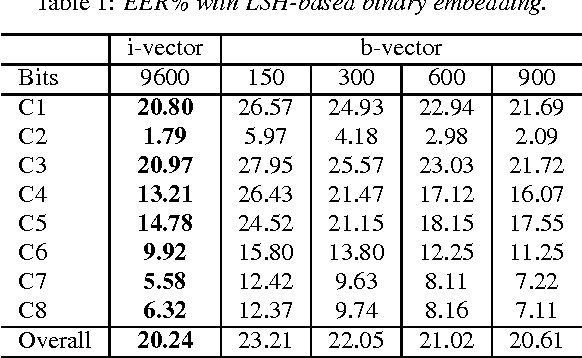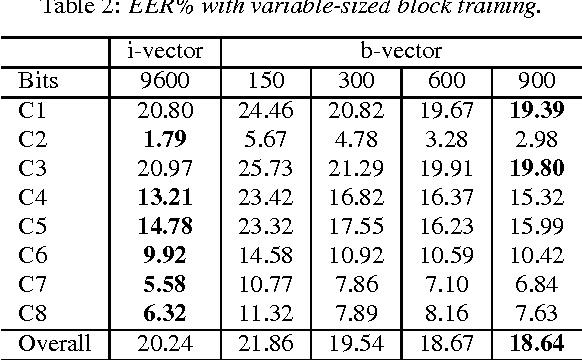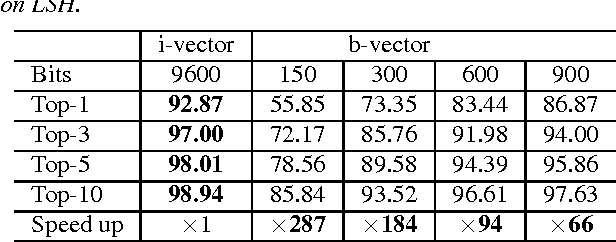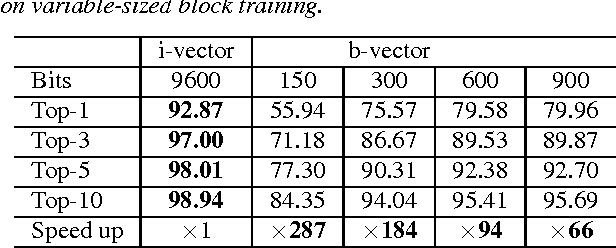Kaimin Yu
MuS-Polar3D: A Benchmark Dataset for Computational Polarimetric 3D Imaging under Multi-Scattering Conditions
Dec 25, 2025Abstract:Polarization-based underwater 3D imaging exploits polarization cues to suppress background scattering, exhibiting distinct advantages in turbid water. Although data-driven polarization-based underwater 3D reconstruction methods show great potential, existing public datasets lack sufficient diversity in scattering and observation conditions, hindering fair comparisons among different approaches, including single-view and multi-view polarization imaging methods. To address this limitation, we construct MuS-Polar3D, a benchmark dataset comprising polarization images of 42 objects captured under seven quantitatively controlled scattering conditions and five viewpoints, together with high-precision 3D models (+/- 0.05 mm accuracy), normal maps, and foreground masks. The dataset supports multiple vision tasks, including normal estimation, object segmentation, descattering, and 3D reconstruction. Inspired by computational imaging, we further decouple underwater 3D reconstruction under scattering into a two-stage pipeline, namely descattering followed by 3D reconstruction, from an imaging-chain perspective. Extensive evaluations using multiple baseline methods under complex scattering conditions demonstrate the effectiveness of the proposed benchmark, achieving a best mean angular error of 15.49 degrees. To the best of our knowledge, MuS-Polar3D is the first publicly available benchmark dataset for quantitative turbidity underwater polarization-based 3D imaging, enabling accurate reconstruction and fair algorithm evaluation under controllable scattering conditions. The dataset and code are publicly available at https://github.com/WangPuyun/MuS-Polar3D.
Binary Speaker Embedding
Mar 31, 2016



Abstract:The popular i-vector model represents speakers as low-dimensional continuous vectors (i-vectors), and hence it is a way of continuous speaker embedding. In this paper, we investigate binary speaker embedding, which transforms i-vectors to binary vectors (codes) by a hash function. We start from locality sensitive hashing (LSH), a simple binarization approach where binary codes are derived from a set of random hash functions. A potential problem of LSH is that the randomly sampled hash functions might be suboptimal. We therefore propose an improved Hamming distance learning approach, where the hash function is learned by a variable-sized block training that projects each dimension of the original i-vectors to variable-sized binary codes independently. Our experiments show that binary speaker embedding can deliver competitive or even better results on both speaker verification and identification tasks, while the memory usage and the computation cost are significantly reduced.
 Add to Chrome
Add to Chrome Add to Firefox
Add to Firefox Add to Edge
Add to Edge